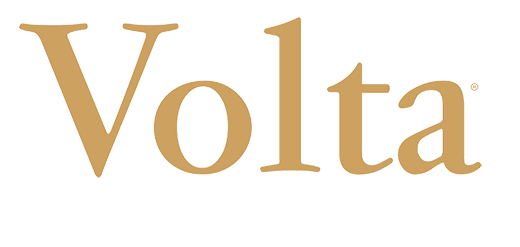Startup Diplomacy: A time for Greece to unleash its entrepreneurial potential

Two hundred years ago, Greece was a startup. It started as just an idea, forged by visionaries that started and joined the Society of Friends (“Filiki Eteria”), who later became heroes. They wrote a business plan, the Constitution, appointed its first CEO, Ioannis Kapodistrias,and set out to build better lives for Greeks.
Fast forward to the present: Greece has managed to come out of a 10-year economic crisis, and built a thriving entrepreneurial sector. During the years of the financial crisis, the brain drain issue was a big issue in Greece as the government launched efforts to support entrepreneurial initiatives in order to stop it. Greek startups have created an industry worth billions, with funding and acquisition deals sending valuations soaring and prompting investors to view some of them as potential unicorns, companies valued over $1 billion.
When we compare Israel to Greece, it may be six times smaller in size, but when it comes to startups, Israel is home to 8,000 startups, making the leader in the world in the number of startups per capital. In 2020, Israeli companies had raised a record $9.93 billion and it’s no question why more than 350 large multinational companies like Google, Facebook, Intel and others have established research and development operations in Israel. Israel has created an asset, the “Startup Nation”, and its using this asset to promote their diplomatic and economic interests.
Startup diplomacy has the potential to counter global trends of rising xenophobia and isolationism by providing a powerful channel for youth to express themselves and connect through a shared passion for innovation and creativity. Today’s entrepreneurs are the new diplomats of the global economy. They derive their authority from the originality of their ideas, the quality of their products, and the strength of their brands, and carry their country’s reputation with them wherever they go.
Diplomacy is a natural match with entrepreneurship, which has a similar focus on collaboration, network building, and creative thinking. Startup diplomacy offers opportunities to create sustainable businesses, generate new jobs, import foreign investment and entrepreneurs, and mitigate economic challenges.
Greece has been one of the favorite destinations among digital nomads in recent years and the Covid19 pandemic has accelerated the process. People with all types of professions, from artists to web developers and online marketers, have chosen the Athens for their work place, because of the winning combination of climate, quality of life and a reasonable cost of living. In the March, the Greek government outlined a multi-billion plan dubbed “Greece 2.0” including investments in 5G networks to reinforce its attractiveness.
To understand the potential of startup diplomacy, let’s look at some products and services from startups from the United States that we use daily. When we spend time surfing on Google, stream media via Apple, sipping coffee in Starbucks, ride with Uber or stay at an Airbnb, these are not just acts of commercial consumption. They are also subtle but profoundly impactful cultural experiences that reinforce the status of the US as a leading source of ingenuity, innovation, and opportunity in the consumer’s psyche.
That is the power of startup diplomacy. There is no more powerful way to shape perceptions and create affinities between diverse communities, than through the exchange of branded goods and services that make a positive difference in people’s lives.
Greece’s growing startup sector can become our greatest asset in creating a more balanced narrative for Greece. With every innovation we exported to the world, Greek entrepreneurs can shatter a facade low expectations that has plagued our country for generations. In today’s increasingly multi-polar world, startup diplomacy might just be the next frontier for Greece.










